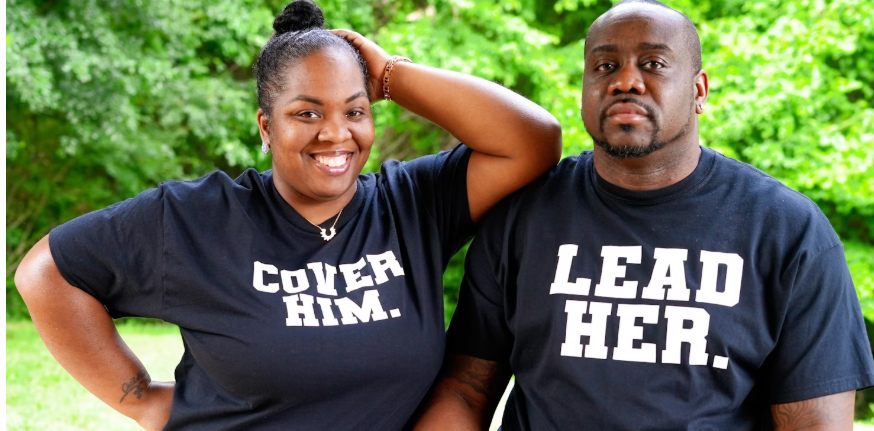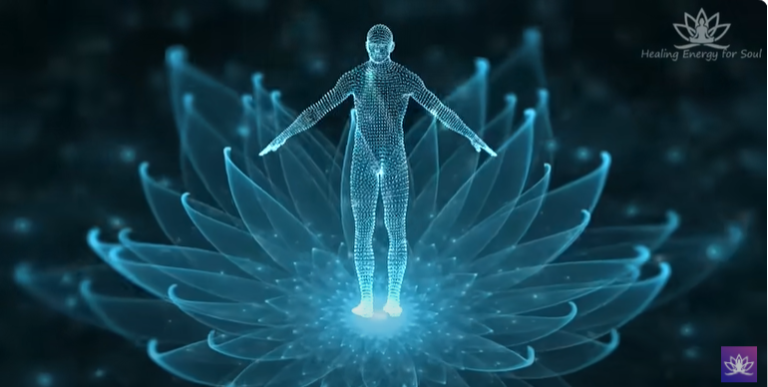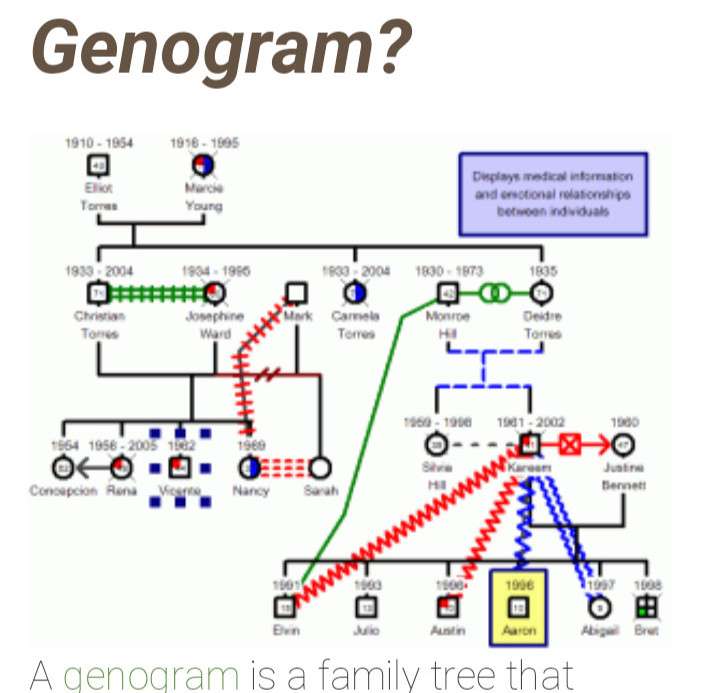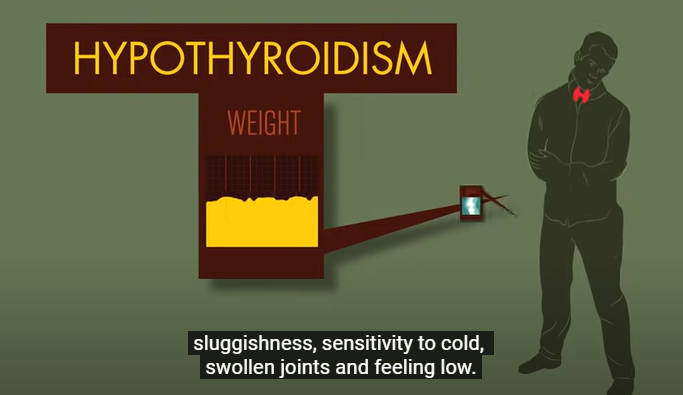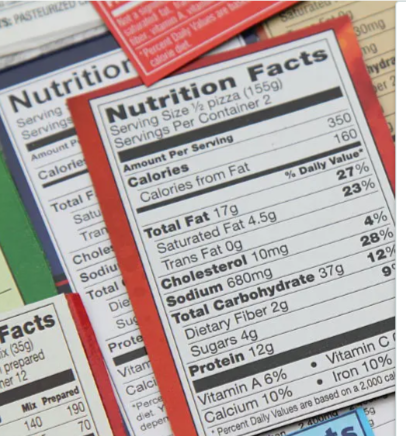What is Emotional Hygiene – How to Keep it Clean
Did you know that your mind needs care just like your body does. We brush our teeth every morning and wash our hands throughout the day. We know how to take care of cuts and scrapes on our skin. But what about our minds? Just like our bodies, our emotions need daily care and attention to stay healthy. This is where the question of what is emotional hygiene comes in.

What is Emotional Hygiene?
It’s the practice of taking care of our mental and emotional health every single day. Just as we clean physical wounds to prevent infection, we need to tend to our emotional wounds to avoid lasting damage. Unfortunately, most of us never learned these essential skills growing up. Let’s dive into the topic of what is emotional hygiene.
Why Emotional Hygiene Matters More Than Ever
Dr. Guy Winch, a leading psychologist, points out something shocking: we spend more time caring for our teeth than our minds. When we get a physical cut, we immediately clean it and put on a bandage. But when we face rejection, failure, or loneliness, we often make the wound worse by dwelling on negative thoughts.
This lack of emotional care has serious consequences. Research shows that people who feel disconnected from others have a 14% higher risk of early death. Meanwhile, untreated emotional wounds can lead to depression, anxiety, and low self-esteem that follow us for years.
Common Emotional Wounds We All Face
Life brings many types of emotional injuries that need our attention:
- Failure and disappointment – Not getting the job we wanted or making mistakes
- Rejection – Being turned down socially or professionally
- Loneliness – Feeling disconnected from family, friends, or community
- Trauma – Losing someone we love, experiencing violence, or major accidents
- Abandonment – Feeling left behind or unsupported
People starting new lives in different places often face several of these wounds at once. Some carry emotional pain for years without knowing how to heal properly.
Essential Emotional Hygiene Techniques
Recognize When You’re Hurting Emotionally
The first step is noticing when something is wrong with your emotional health. Don’t ignore warning signs like:
- Feeling sad or anxious for days
- Having trouble sleeping or concentrating
- Losing interest in things you usually enjoy
- Feeling overwhelmed by daily tasks
Action step: When you notice these signs, reach out for help right away. Talk to a trusted friend, counselor, or doctor.
Practice Self-Compassion Daily
Stop being your own worst critic. When things go wrong, treat yourself with the same kindness you’d show a good friend. Here’s how:
- Take time to relax – Drink some tea, take deep breaths, or try meditation
- Remember, it’s not all your fault – Most situations involve many different factors
- Avoid comparing yourself to others – Everyone’s journey is different
- Focus on learning – Ask “What can I learn from this?” instead of “Why did this happen to me?”
- Be patient with progress – Healing takes time, and that’s perfectly normal
Remember: Being gentle with yourself doesn’t mean avoiding responsibility. Learn from your mistakes, but don’t beat yourself up about them.
Stop Ruminating (Replaying Bad Thoughts)
When we keep thinking about the same negative experiences over and over, we make our emotional wounds deeper. This habit can take over our minds with negativity. Instead, try these distraction techniques:
- Solve a puzzle or play a game
- Take a walk outside or do some exercise
- Call a friend or family member
- Listen to music or read a book
- Do something creative with your hands
Even just two minutes of distraction can help break the cycle of negative thinking.
Change How You Handle Failure
Failure is part of life, but dwelling on it makes us feel helpless and stuck. Try this healthier approach:
- Write down what you learned from the experience
- Set new, achievable goals based on what you know now
- Make a plan for moving forward
- Celebrate small wins along the way
- Keep trying – persistence often leads to success
Daily Emotional Hygiene Checklist
✅ Check in with your feelings – How am I doing emotionally today?
✅ Practice gratitude – Name three things you’re thankful for
✅ Connect with others – Reach out to at least one person you care about
✅ Move your body – Even a 10-minute walk helps your mood
✅ Do something kind for yourself – Take a bath, listen to music, or enjoy a hobby
✅ Limit negative inputs – Reduce time on social media or watching upsetting news
✅ Get enough sleep – Your brain needs 7-9 hours to process emotions properly
Building Long-Term Emotional Resilience
Create Strong Social Connections
Humans are social creatures. Having people we can trust and talk to protects our mental health. Make an effort to:
- Maintain friendships through regular contact
- Join groups or activities where you can meet like-minded people
- Be vulnerable and share your honest feelings with trusted friends
- Offer support to others when they need it
Develop Healthy Coping Skills
Instead of turning to harmful habits when stressed, build a toolkit of positive coping strategies:
- Deep breathing exercises for immediate stress relief
- Journaling to process difficult emotions
- Physical exercise to release tension and boost mood
- Creative activities like art, music, or cooking
- Time in nature to feel grounded and peaceful
Know When to Seek Professional Help
Sometimes emotional wounds are too deep to heal on our own. Consider talking to a counselor, therapist, or doctor if you:
- Feel sad or anxious most days for several weeks
- Have thoughts of hurting yourself or others
- Can’t function normally at work, school, or home
- Turn to alcohol, drugs, or other harmful behaviors to cope
- Feel completely overwhelmed and alone
Getting professional help is a sign of strength, not weakness. Mental health professionals have tools and techniques that can make a huge difference in your healing journey.
Final Thoughts
Taking care of your emotional health is just as important as brushing your teeth or washing your hands. What is emotional hygiene? It’s about recognizing emotional wounds when they happen and treating them with care before they get worse.
This isn’t always easy. Building healthy mental habits takes time, effort, and patience with yourself. But the benefits are incredible: better relationships, increased confidence, improved physical health, and a more enjoyable life overall.
Start small today. Pick one technique from this guide and try it for a week. Your future self will thank you for taking the first step toward better emotional hygiene.
Remember: You deserve to have good mental health. With practice and support, you can build the emotional resilience to handle whatever life brings your way.
Frequently Asked Questions (FAQ)
Q: What does emotional hygiene mean exactly?
A: Emotional hygiene means taking daily care of your mental and emotional health, just like you take care of your physical health. It involves recognizing emotional wounds and treating them properly so they can heal.
Q: How do you practice emotional hygiene?
A: Practice emotional hygiene by checking in with your feelings daily, being kind to yourself, avoiding negative thought patterns, building social connections, and seeking help when needed.
Q: What are some emotional hygiene techniques I can start today?
A: Simple techniques include deep breathing when stressed, writing in a journal, taking short walks, calling a friend, practicing gratitude, and getting enough sleep.
Q: What is emotional health?
A: Emotional health is your ability to understand, express, and manage your feelings in healthy ways. It includes having good relationships, coping well with stress, and feeling positive about yourself most of the time.
Q: What’s the difference between emotional hygiene and psychological hygiene?
A: These terms are often used interchangeably. Both refer to taking care of your mental and emotional well-being through daily practices and healthy habits.
Q: How do you treat emotional wounds?
A: Treat emotional wounds by acknowledging the pain, being compassionate with yourself, avoiding rumination, learning from the experience, and seeking support from others when needed.
Additional Resources
- Winch, G. (2019). 5 steps to better emotional hygiene. Psychology Today.
- Winch, G. (2019). 7 ways to practice emotional first-aid. Ideas.Ted.Com
- Leanza, N. (2019). Emotional First-Aid. Psych Central.
- American Psychological Association. (2024). Building resilience in a challenging world.
- National Institute of Mental Health. (2024). Taking care of your mental health.
References
The Science of Progressive Overload for Strength Gains – Athleticism. https://athleteism.com/the-science-of-progressive-overload-for-strength-gains/
How can adopting a growth mindset impact an athlete’s performance in combat sports? – sportssync. https://sportssync.org/how-can-adopting-a-growth-mindset-impact-an-athletes-performance-in-combat-sports/
Katya | Student Affairs. https://studentaffairs.stanford.edu/about-student-affairs/mental-health-well-being-initiatives/flourish-stories-2023-24/katya
Nine bad habits that can steal your sleep. https://www.bccpa.ca/news-views-kb/news-views-kb-entries/practice-management/wellness/articles/nine-bad-habits-that-can-steal-your-sleep/
Avoid These Bad Habits That Affect Your Mental Health. https://www.mayorboss.com/avoid-these-bad-habits-that-affect-your-mental-health/
Common Withdrawal Symptoms During Detox and How to Manage Them. https://www.garecovery.com/blog/2023/august/common-withdrawal-symptoms-during-detox-and-how-/
Individual Session with Soul Care Chaplain Sharon – BraveOne.com. https://www.braveone.com/product/individual-session-with-sharon
Emotional Conditions | Remedi. https://www.remedilondon.com/emotional-conditions
Grey Matters Counseling, LLC – Home. https://www.greymatterscounselingllc.com/
Frewen, P., Rogers, N., Flodrowski, L., & Lanius, R. (2015). Mindfulness and Metta-based Trauma Therapy (MMTT): Initial Development and Proof-of-Concept of an Internet Resource. https://doi.org/10.1007/s12671-015-0402-y
Need immediate help? Contact your local mental health crisis line or call 211 for community resources in your area.
Our Blue Gene Team
(w) mybluegenes.com
(e) rachele@mybluegenes.com
